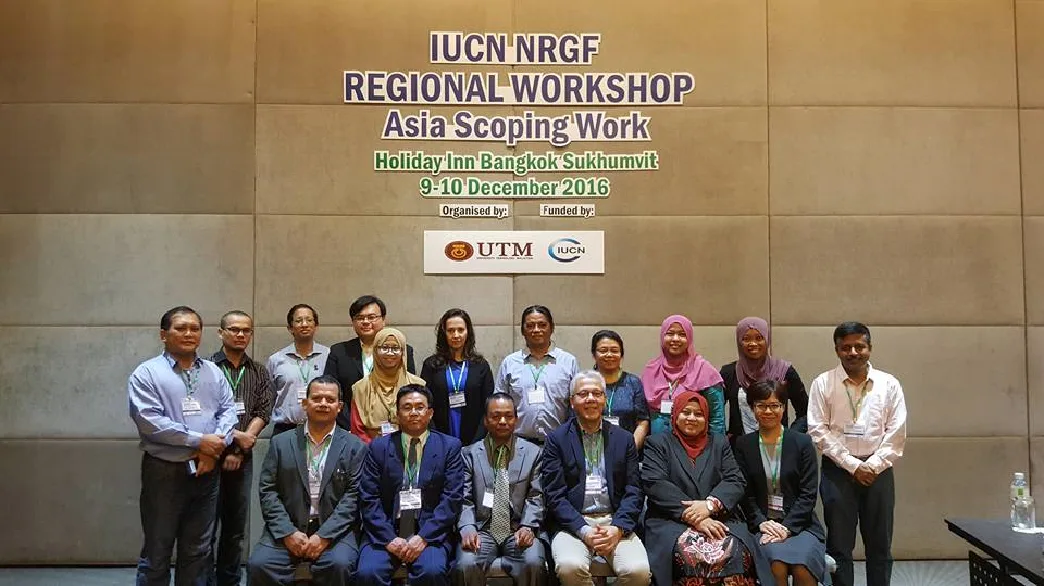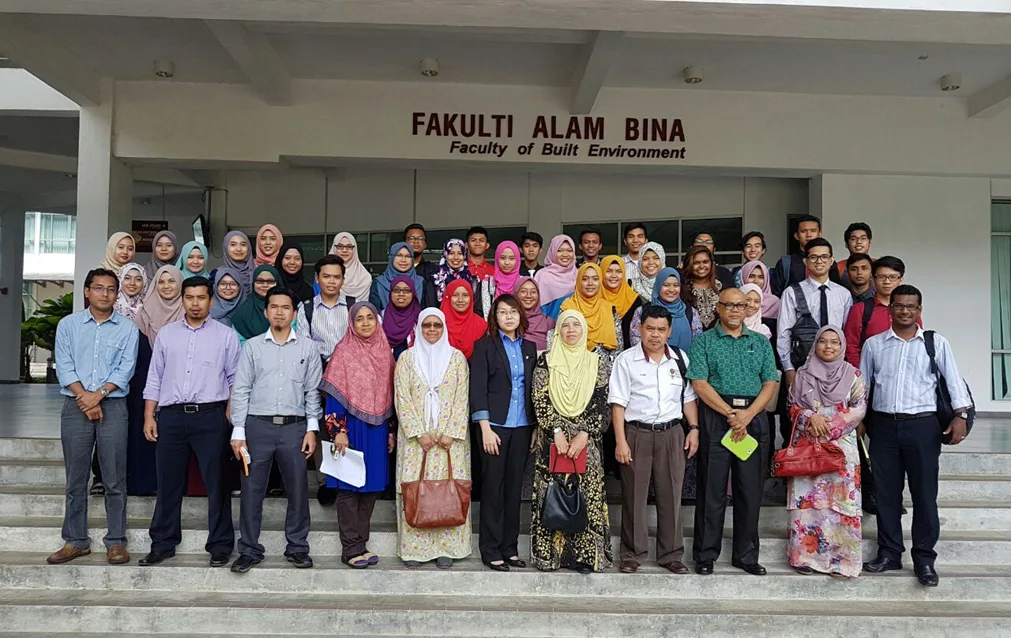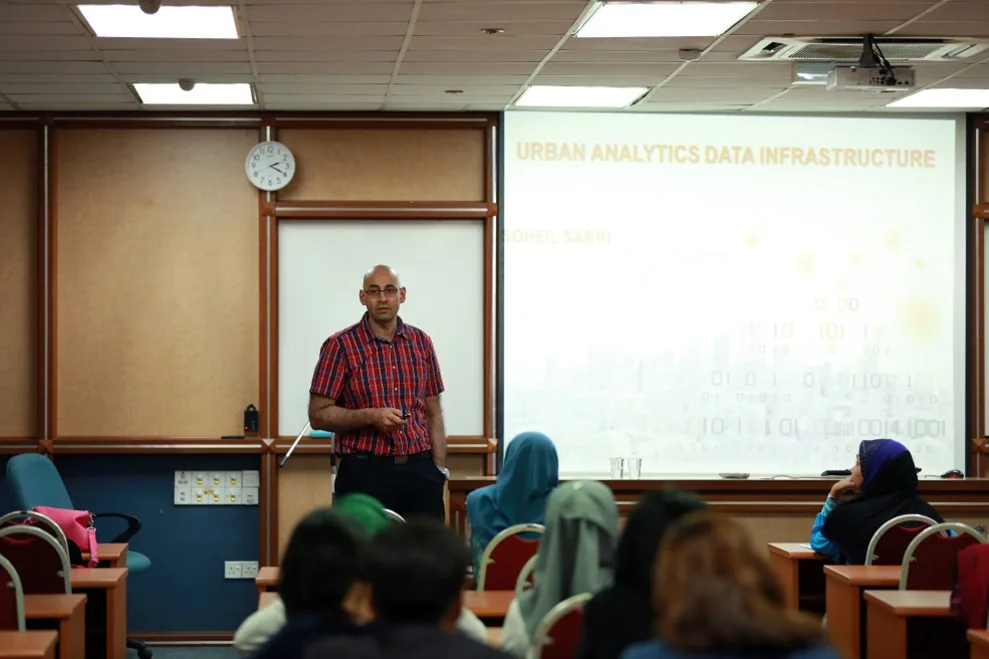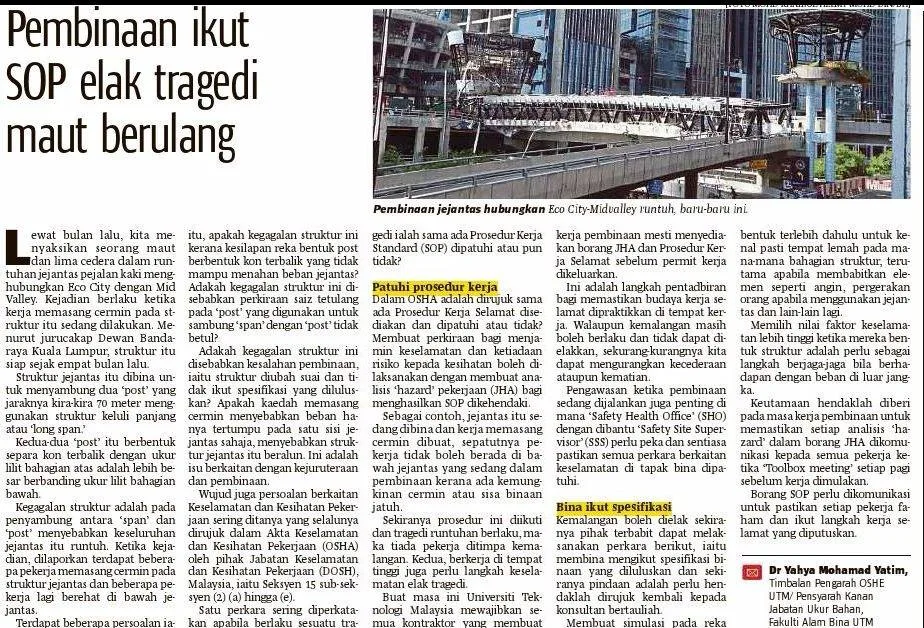
by webmaster FAB | Dec 26, 2016 | Meeting & Workshop, News
The Centre for Innovative Planning and Development (CiPD), Faculty of Built Environment (FAB), Universiti Teknologi Malaysia, Johor Bahru, was commissioned by the International Union for Conservation of Nature (IUCN) to lead a “Nature Resource Governance Framework...
by webmaster FAB | Dec 26, 2016 | Award, In The Press, News
JOHOR BAHRU, 19 December 2016 – Universiti Teknologi Malaysia (UTM) researchers have won multiple awards in three invention festivals in Seoul, Korea, early this month. SIIF2016 (Seoul International Invention Fair 2016) is an International level competition which in...

by webmaster FAB | Dec 22, 2016 | Conference & Seminar, News
Madam TPr. Chew Lee Ting, an urban planning officer at Johor Bahru Tengah Municipal Council (MPJBT), gave a talk cum briefing on the necessity and significance of the Publicity and Public Participation of the Draft District Local Plan (RTD) Johor Bahru and Kulai 2015...

by webmaster FAB | Dec 22, 2016 | Conference & Seminar, News
The Department of Urban and Regional Planning (JPBW), Faculty of Built Environment (FAB), UTM JB, has once again successfully organised a talk entitled “An Urban Analytics Data Infrastructure (UADI): A New Ontological Framework to Underpin The Next Generation of Smart...

by webmaster FAB | Dec 11, 2016 | In The Press, News, newspaper
Berita Harian 8 Disember 2016





